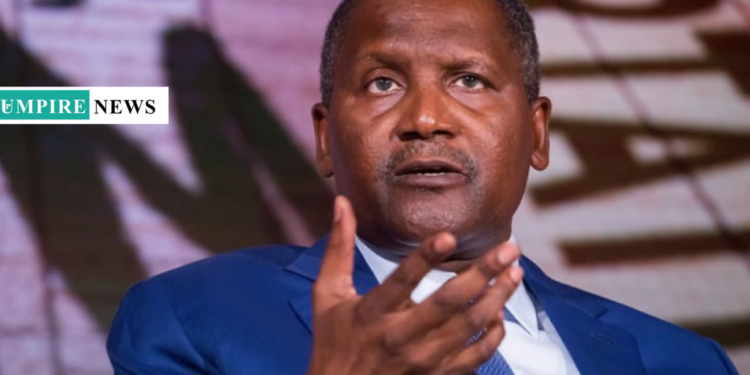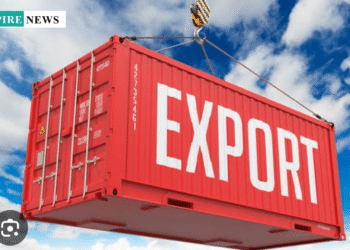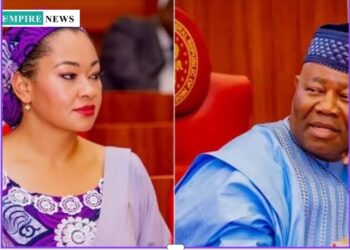At the nerve of the Nigerian economy is energy, mostly driven by fuel consumption. Fuel is a lifeblood in the Nigerian economy. It affects the totality of the country’s economy. Energy security, in fact, is a national security concern. In the same vein, national economic sabotage is treasonable.
Nigeria is a resource rich country bedeviled by energy poverty for its 200 million people. Between 2004 and 2014, Nigeria was Africa’s fastest growing economy, at over 7% per year, with a GDP of over $500 billion. Currently, Nigeria’s GDP is $199 billion, that is less than half of what it was in 2014. What could have been the problem? Like Chinua Achebe said in his 1987 memoir The Trouble with Nigeria, is “simply and squarely a failure of leadership.”
This failure is what the country has been grappling with for almost a decade, since the entrance of a new ruling party which was the strongest opposition to its predecessor. The ruling party came to power in 2015, after vigorously protesting removal of subsidy by the Goodluck Jonathan administration in 2012. It was vociferous against fuel selling at ₦145 in favor ₦60 under Jonathan’s regime which finally settled at ₦97, after the Ojota protest in 2012.
How can the ruling party in all good conscience justify the untold hardship it has put millions of families just in 9years? How can it justify fuel selling at ₦1200 nationwide amid double digit inflation and food inflation above 30%?
Dangote’s refinery and petrol import.
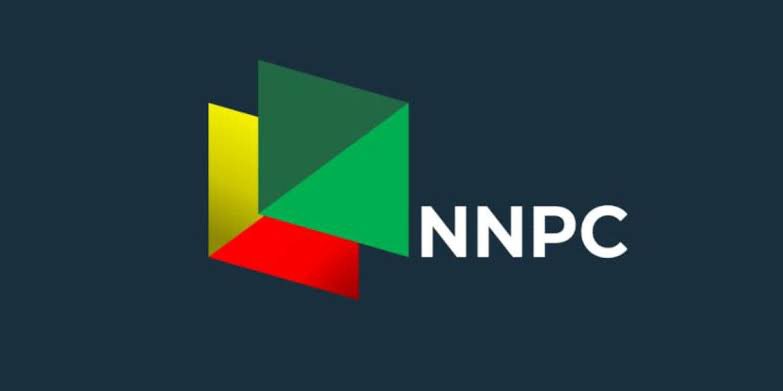
In the twilight of the Muhammadu Buhari’s regime in 2019, the ruling party strenuously echoed how Dangote refinery is the panacea to lower fuel prices and energy sufficiency in Nigeria.
In fact, the hullabaloo arose as to the Nigerian National Petroleum Corporation Limited (NNPCL) investment in the Dangote refinery and each time the government of the day assured Nigerians of energy sufficiency, at best cheaper and available fuel, end to fuel scarcity and prospective gains of a stronger Naira against the US dollar.
Alhaji Aliko Dangote erected a 650,000bpd $20billion petroleum and petrochemical refinery in Lekki, to meet energy demand, which is a national concern. Amid failed government-owned refineries, foreign exchange pressures on Naira due to fuel import, subsidy corruption among other issues.
Dangote refinery was mouthed as a new leaf for relief. However, as of October 2024, NNPCL and Nigeria’s oil marketers are hellbent on fuel importation as Dangote accuses the regulator of “neglecting its statutory role to promote local refineries.” Ironically, reports reveal that South Africa, and seven other African countries are queueing to buy petrol from the Dangote refinery.
The NNPCL and Nigeria’s refineries.
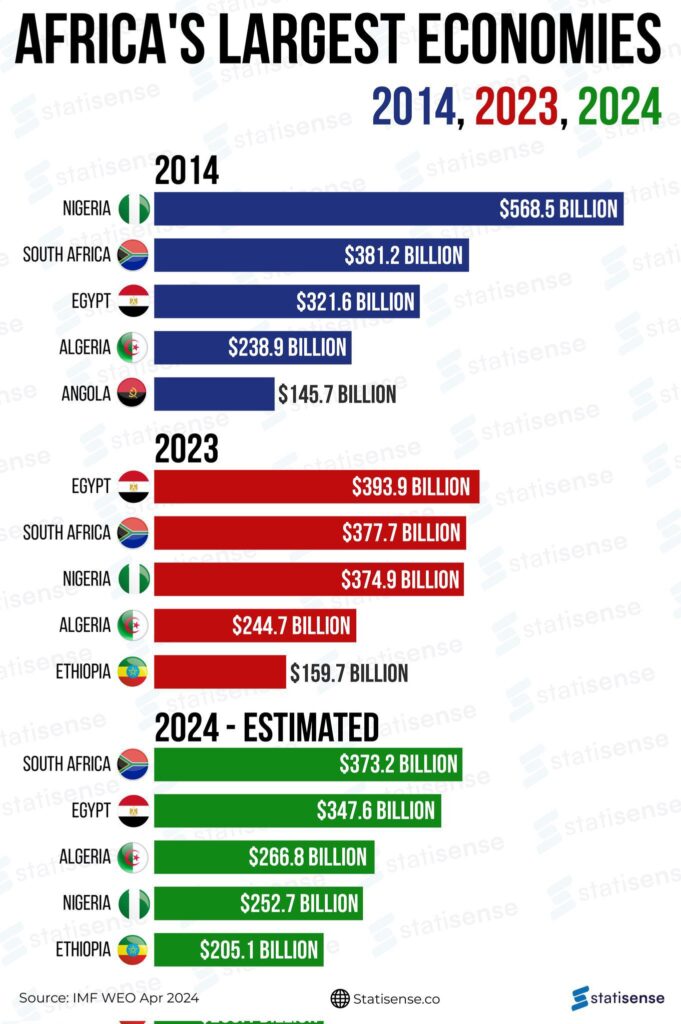
The NNPCL has failed to meet its own deadlines on production in the Port Harcourt refinery, which was under repairs. Between December 2023 and September 2024, NNPCL has missed seven deadlines on production in the Port Harcourt refinery, after “spending of $1.5 billion for repair of Port Harcourt refinery, $897.6 million for repair of Warri refinery and $586.9 million on the Kaduna refinery repair,” reports BusinessDay, 1 September 2024 edition.
As at the time of this report, Nigeria’s oil marketers are in court arguing for import license from the regulator to import petrol, accusing Dangote of monopoly. The economic war between different players in the Nigerian oil industry cost the economy gravely, translating to daily reality of excruciating hardship on millions of Nigerian businesses and families.
Fuel subsidy removal and inflation
It is a fact that one of the root causes of inflation is high fuel prices in Nigeria. Starting from 29 May 2023, upon President Tinubu’s pronouncement that “fuel subsidy is gone,” price of petrol increased from ₦250 to ₦650 nationwide and currently being sold at ₦1200 per liter. This unceremonious increase sent shockwaves into the economy, affecting every aspect of business. Fuel prices affect the transportation of people, goods and services and this automatically induces inflation.
The government periodically urge Nigerians to endure and make sacrifices when there is no end in sight to the ravaging suffering in the country.
Nigerians do not care about oil politics. What Nigerians want is energy sufficiency, cheap fuel and single digit inflation, as was pre-2015.
Nigerians do not want excuses, blame games or talks of sacrifice when public office holders are setting terrible examples by living in crass opulence overtly. Nigerians want accountability on the part of government and NNPCL.
Government exists to make life easier for citizens not to double down hardship on majority of the people while a few public office holders lavish the common patrimony.
According to the Manufacturing Association of Nigeria (MAN) “about 767 manufacturing companies shut down operations while 335 experienced distress in 2023,” reports Nairametrics. A report by Tekedia says “eight million small businesses have closed in Nigeria from Jan 2023 to June 2024.”
This brings us to a Hobbesian paradox. The critical question is, why does a Leviathan (government) exist if Nigerian lives would continue to be solitary, poor, nasty, brutish and short? The Federal government should address the quagmire in the oil industry, typically between NNPCL, oil marketers and Dangote.
Nigerians have been slapped with a grave reality they do not desire. It would be unconscionable to ask the majority of poor to continue to make sacrifices when there is obvious failure on the part of government in addressing energy crisis in the most populous African country in big 2024.


